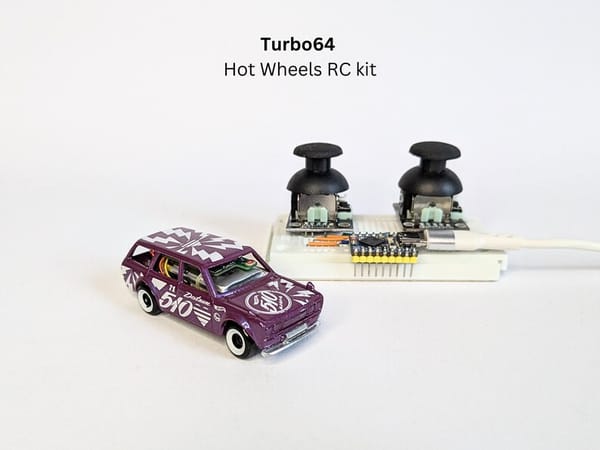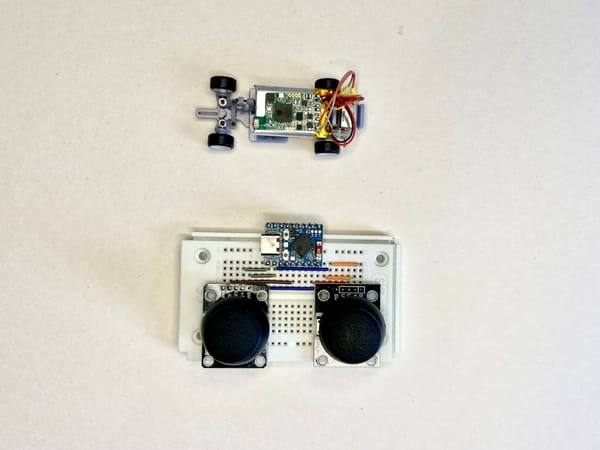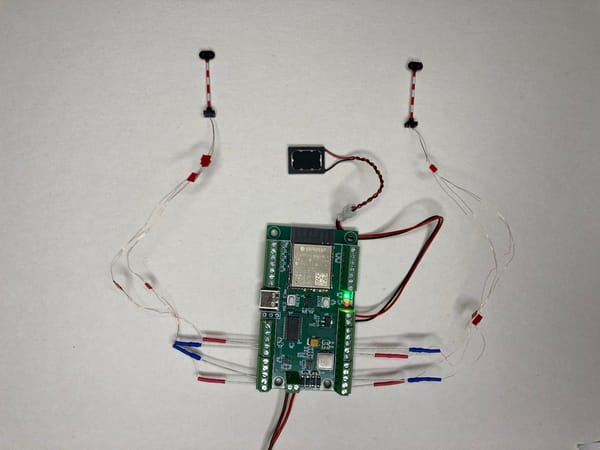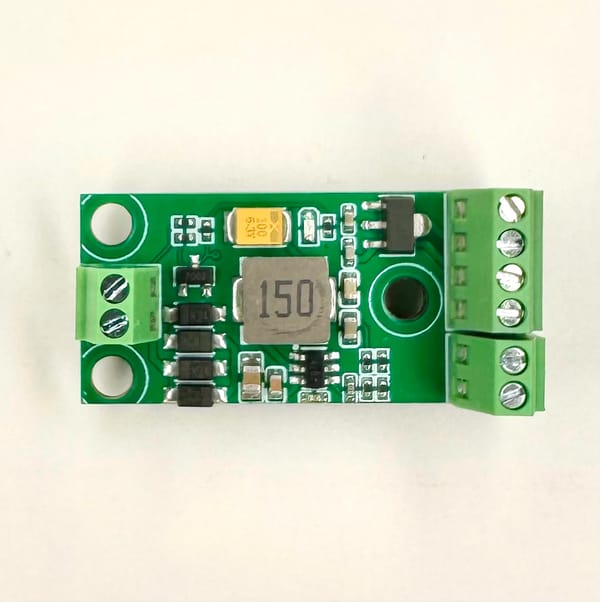L.E. v 0.21 | WCC and Simple DCC decoder, the first development version
The first development version of our decoders is here. I believe our decoders are the most complex DCC decoders available on the market today. They have some very interesting features and ideas:
- Decoder can be used with trains and any layout elements.
- You don't need to program decoders using command stations any longer - just open a web browser and update the decoder's logic directly from your web browser. Forget about all the proprietary extra circuits that are used, for instance, to add flashing to signals. You don't need them anymore - our decoders can handle virtually any complex logic and you can update this logic from your laptop, phone, or tablet. Windows, Linux, Mac OSX, iOS, and Android are supported.
- Decoders can work in 2 modes - DCC (Digital Command Control) and WCC (Wireless Command Control - two-way commands between trains and layout elements are sent without wires over a mesh network, more info about WCC can be found in our documentation).
- Decoders can be used as command stations with current up to 3A (later we'll add a version with up to 5A). Such command stations can be controlled from a web browser.
- Sounds and music files on decoders can be updated at any time via a web browser.
- Simple DCC library is fully open source, and WCC protocol is open source as well
- Decoders support different submodules, which can be connected via a 7-pin socket. For example, you can connect a Loco.Engineering NFC submodule (used to detect the loco's position on a layout) anytime later or even develop your own submodule (for example, a submodule based on a gyroscope).
- Firmware updates with new features every month
- Low cost - the estimated price of a wireless decoder with sound is 55-60 EUR/USD
- A decoder includes a special socket for a battery module that can be used in cases if your rails are unpowered or just want to use battery-powered trains and accessories.
The first version of Loco.Engineering decoders may look a bit big, but don't worry - this is just a development board with not the smallest SMD components, additional interfaces for debugging, etc. The final version should be about 11mm x 35mm and will even fit an N gauge.
Let's have a look at the components of our decoders:
- Dual-core XTensa MCU with 2 dedicated motor PWM outputs to control 2 independent motor drivers ( Back-EMF is included of course), I2S interface to play sounds and audio files; Wi-Fi and BLE to send messages between trains and layout elements.
- One motor driver with ISense for smoother and safer motor control, max current is 3A
- Fast optocoupler to avoid missed DCC messages
- LED driver with 16 outputs to control up to 16 LEDs with just one DCC decoder (a 32-output decoder will be available this summer)
- Efficient DC-DC converter from Texas Instruments
- Chip antenna for more stable Wi-Fi and BLE connections
- JST SH 1.0 connectors to connect additional submodules via I2C (e.g. Loco.Engineering NFC submodule)
What's next: We will be testing these decoders over the next 3-4 months before ordering PCBs for the final production version. The decoders are designed, developed, and produced in the EU (Krakow, Poland), which allows us to improve them every day and add new features very often. Don't forget to sign up to receive an email when Loco.Engineering decoders are available in our shop.
What's new in v. 0.21:
- [FIRMWARE] Improved speed of reading NFC tags
- [FIRMWARE] Redesigned the main loop to avoid any missed messages from other decoders
- [HARDWARE] The first development version of Loco.Engineering decoders
- [API] Added API for updating logic of Simple DCC decoders
If you have any questions or feedback feel free to contact us at hey@loco.engineering.




